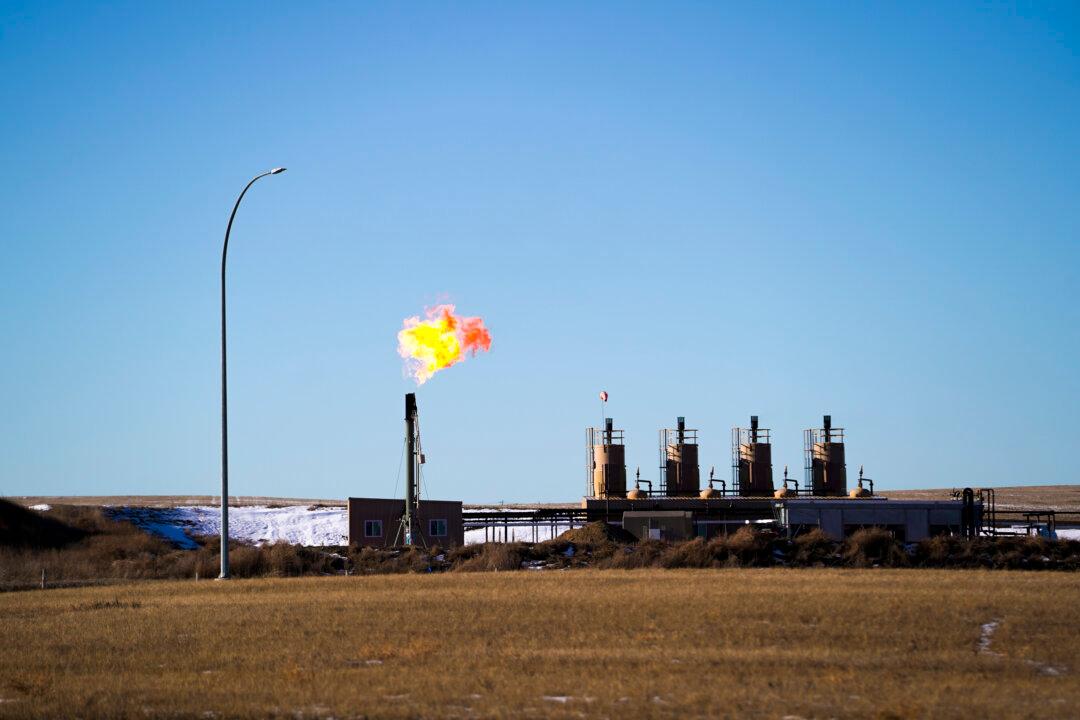Oil and gas companies in the United States could soon start paying up to $1,500 in charges for a metric ton (MT) of wasted methane emissions according to a new rule proposed by the U.S. Environmental Protection Agency (EPA).
Under the Inflation Reduction Act of 2022, a Waste Emissions Charge for methane was established for oil and gas facilities that emit more than 25,000 MT of CO2 equivalent per year. The proposed new rule will impose financial penalties on such large emitters of wasted methane, according to a Jan. 12 EPA news release. The Waste Emissions Charge will start at $900 per MT of wasteful emissions in 2024. This charge will increase to $1,200 in 2025 and then to $1,500 for 2026 and beyond.





